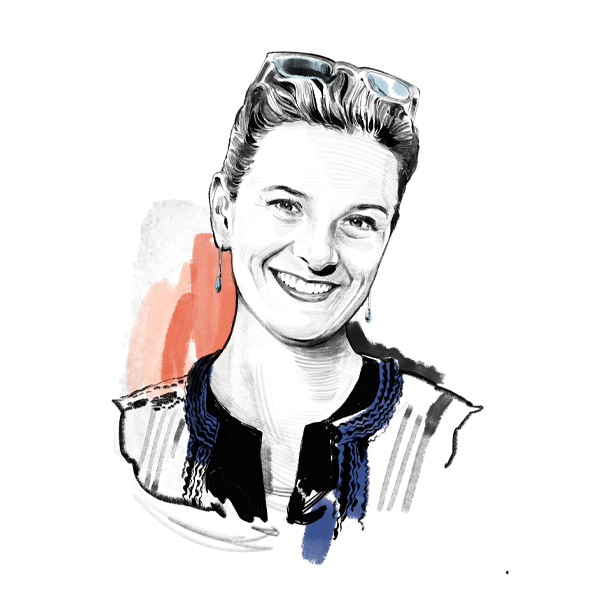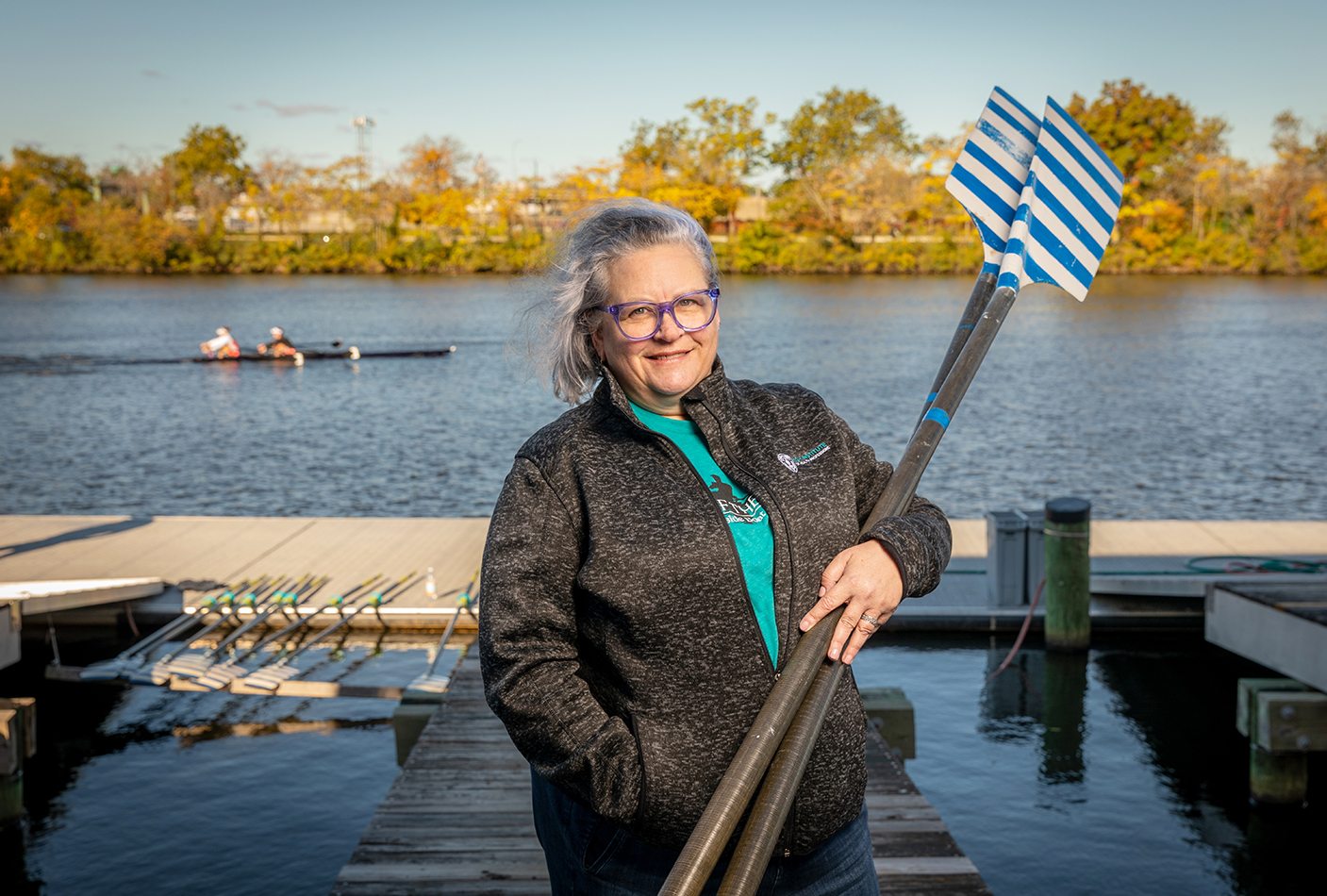Kristin Ozelli oversees day-to-day operations, manages the editorial team and steers the production of articles, newsletters and multimedia content. She joined the Simons Foundation in 2017 as features editor of Spectrum. Previously, she was editorial director, online, and a senior editor at Scientific American, and a senior editor at Scientific American MIND. She has also written a book about Jupiter’s moons and volunteered at the Natural History Museum in London, assisting the curator of fossil cephalopods.

Kristin Ozelli
Executive editor
The Transmitter
From this contributor

Spotted around the web: INSAR; cerebellar gene expression; pangenome

Beyond the bench: Mastering meaningful movement with Karen Chenausky

Spotted around the web: Interpersonal synchrony, single-nucleotide polymorphisms, CRISPR at 10
Education
- M.A. in journalism, New York University
- B.S. in English, Massachusetts Institute of Technology
- B.S. in mathematics, Massachusetts Institute of Technology
Explore more from The Transmitter
Dendrites help neuroscientists see the forest for the trees
Dendritic arbors provide just the right scale to study how individual neurons reciprocally interact with their broader circuitry—and are our best bet to bridge cellular and systems neuroscience.

Dendrites help neuroscientists see the forest for the trees
Dendritic arbors provide just the right scale to study how individual neurons reciprocally interact with their broader circuitry—and are our best bet to bridge cellular and systems neuroscience.
Two primate centers drop ‘primate’ from their name
The Washington and Tulane National Biomedical Research Centers—formerly called National Primate Research Centers—say they made the change to better reflect the breadth of research performed at the centers.

Two primate centers drop ‘primate’ from their name
The Washington and Tulane National Biomedical Research Centers—formerly called National Primate Research Centers—say they made the change to better reflect the breadth of research performed at the centers.
Post-infection immune conflict alters fetal development in some male mice
The immune-conflict between dam and fetus could help explain sex differences in neurodevelopmental conditions.

Post-infection immune conflict alters fetal development in some male mice
The immune-conflict between dam and fetus could help explain sex differences in neurodevelopmental conditions.